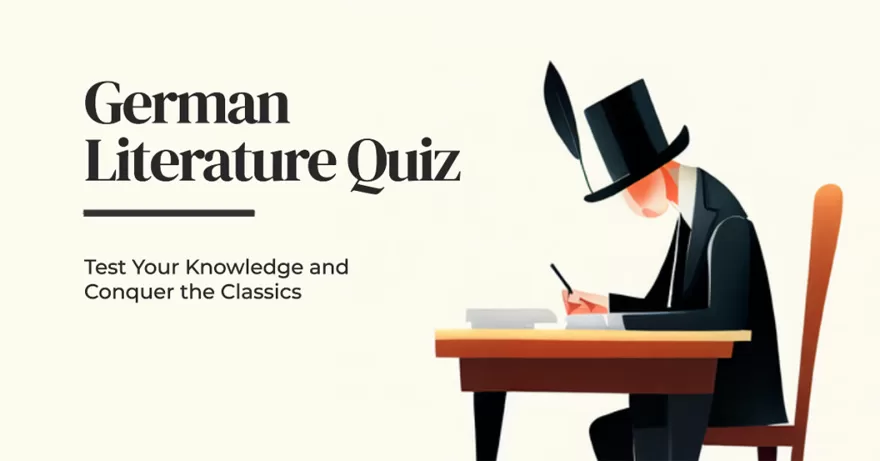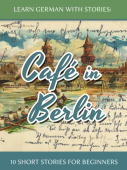
Are you an avid reader who appreciates the exquisite beauty of German prose and poetry? Do you find yourself drawn to the works of iconic authors such as Goethe, Kafka, and Hesse?
Delve into the rich and fascinating world of German literary classics and challenge your intellectual prowess with a selection of thought-provoking questions. Let’s start our captivating journey through the annals of German literary history.

